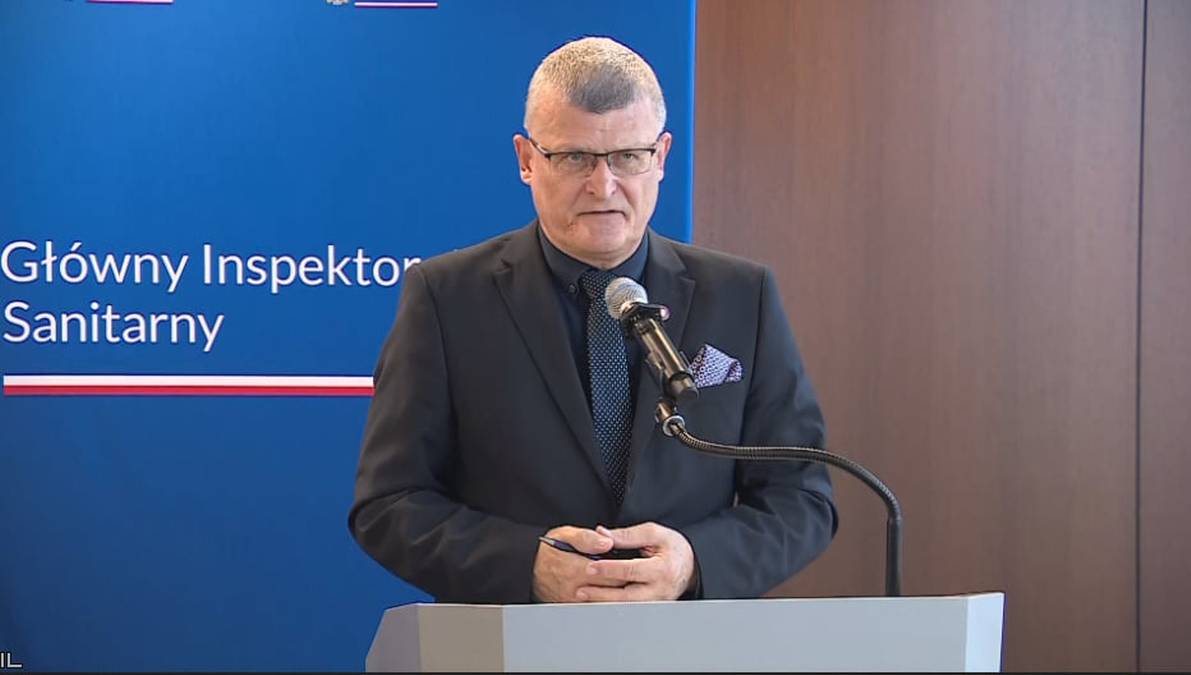Paweł Grzesiowski he stressed not to connect this case with the first one. He pointed out that “virus is the same, but the place where it was acquired is completely different.
As he noted, the first of the infected people she wasn’t leaving in tropical areas and this is a native case. However, the second one she returned from Egypt and her infection “is clearly related to her stay abroad.”
SEE: Infection with three viruses. Prof. Januszewicz: Distinguishing RSV infection from COVID-19 is difficult
– This is a person who returned from abroad with quite mild encephalitis. There is absolutely no connection (with the first person – ed.), so it’s just that coincidencethat two people in the same city appeared in such a short time with similar suspicions – because the tests are preliminary, but of course they already guide our suspicions – he said.
West Nile fever. The second infection in Poland occurred abroad
Grzesiowski added that it was a disease it does not spread between people and these are two independent cases. – It is very important not to create an atmosphere of threat – he said.
He emphasized that practically every season there are cases of virus infections West Nile fever precisely among people who went to the tropics. – This is a known phenomenon in Europe for several yearsthat some people return from the tropics with this virus, just like with malaria – he added.
On Wednesday head of GIS described the case of an adult who was infected, but she didn’t go abroad. This means that she became infected in Poland, from a mosquito that drank the blood of a sick bird.
West Nile fever. What are the symptoms?
Virus West Nile fever it does not spread between people. You cannot become infected by touching or contact with the secretions of a sick person. It most often appears in birds, but it also occurs, among others, in humans and horses.
It is transmitted by mosquitoesless often by midges. Sometimes infections occur after being bitten by a tick. 80 percent cases in humans infected with West Nile virus is asymptomatic.
SEE: West Nile fever in Poland? “Everything points to this”
The incubation period is from 2 to 14 days. In the case of a mild course, sudden fever, headaches, back pain, muscle pain, sometimes nausea, vomiting, abdominal pain and diarrhea appear. A morbilliform or lumpy rash may occur.
Acute symptoms last from 3 to 10 days, but pain and fatigue they may last up to several weeks. Areas of permanent occurrence of WNF are: Africa, North America, Australia and Europe. There is no effective vaccine.
Your browser does not support the video player… Read more

